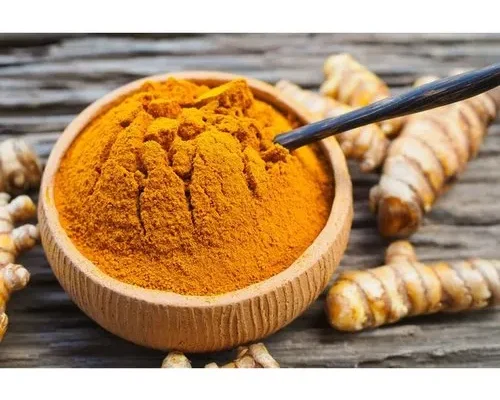Exporting curcuma (turmeric) powder to the EU requires compliance with various regulations and standards. Here are some key requirements to consider when exporting turmeric powder to the EU:
1. Food Safety and Quality Standards
- EFSA Approval: The European Food Safety Authority (EFSA) ensures that food products imported into the EU are safe for consumption. Turmeric powder must meet safety standards and might require approval based on the specific use of the product (e.g., food, cosmetics, or pharmaceuticals).
- Max Residue Limits (MRLs): You need to ensure that turmeric powder meets the EU’s MRLs for pesticide residues and contaminants. The EU has strict limits on pesticide residues in food products, and these limits are enforced through testing.
- Food Hygiene and Traceability: The EU requires traceability for all food products. This means you must document and keep track of where the turmeric is grown, harvested, processed, and packaged.
2. Customs and Tariffs
- Import Tariffs: The EU has different import duties depending on the country of origin and the product type. It’s important to check the applicable tariff codes for turmeric powder to determine the exact duty rate.
- Customs Declaration: You’ll need to submit proper customs declarations to import your goods into the EU. This includes providing information on the origin, value, and classification of the product.
- Customs Documentation: You’ll need an invoice, packing list, certificate of origin, and possibly a phytosanitary certificate to verify that the turmeric powder complies with EU agricultural standards.
3. Packaging and Labeling
- EU Labeling Requirements: The EU has specific labeling requirements for food products, including turmeric powder. Labels must include:
- The product name (e.g., curcuma powder or turmeric powder).
- Ingredients (if mixed with other substances).
- Net weight or volume.
- Best before date.
- Storage instructions.
- The name and address of the importer or distributor in the EU.
- Language Requirements: Labels should be in the language of the EU country to which the product is being exported. Commonly used languages are English, French, German, or local languages depending on the market.
4. Organic Certification (If Applicable)
If you’re exporting organic turmeric powder, you will need to have certification from an accredited body that verifies your product meets EU organic farming standards (EU Organic Logo). This certification ensures your product is grown without the use of synthetic pesticides or fertilizers.
5. Health and Safety Regulations
- Novel Foods: If the turmeric powder is intended for a specific novel use (e.g., supplements), you may need to check if it falls under EU’s “Novel Food Regulation” which would require additional safety assessments.
- Additives and Contaminants: Turmeric powder must comply with the EU’s regulations on food additives and contaminants, including limits on heavy metals like lead, arsenic, and cadmium, which can be found in certain herbs and spices.
6. Logistics and Shipping
- Shipping Regulations: Depending on the quantity of the product and the method of transport, you might need to comply with specific shipping standards. If turmeric powder is being shipped in bulk, it must be packed in materials that protect it from moisture and contamination.
- Importer’s Responsibility: It’s common for the importer in the EU to handle the customs clearance and ensure that the product complies with local regulations.
7. Certifications and Documentation
- Phytosanitary Certificate: This certifies that the turmeric powder is free from harmful plant pests and diseases. It is typically required for plant-based products.
- Certificates of Analysis (COA): These may be requested by EU authorities or buyers to confirm the quality and safety of the turmeric powder, including its purity, moisture content, and absence of contaminants.
8. Market Entry Requirements
- Market Research: Conduct market research to understand consumer demand for turmeric powder in specific EU countries. The demand may vary depending on whether it’s being marketed for culinary use, medicinal purposes, or as an ingredient in cosmetics or supplements.
- Distribution and Partnerships: Establish partnerships with distributors or importers in the EU who are familiar with local regulations and consumer preferences.



